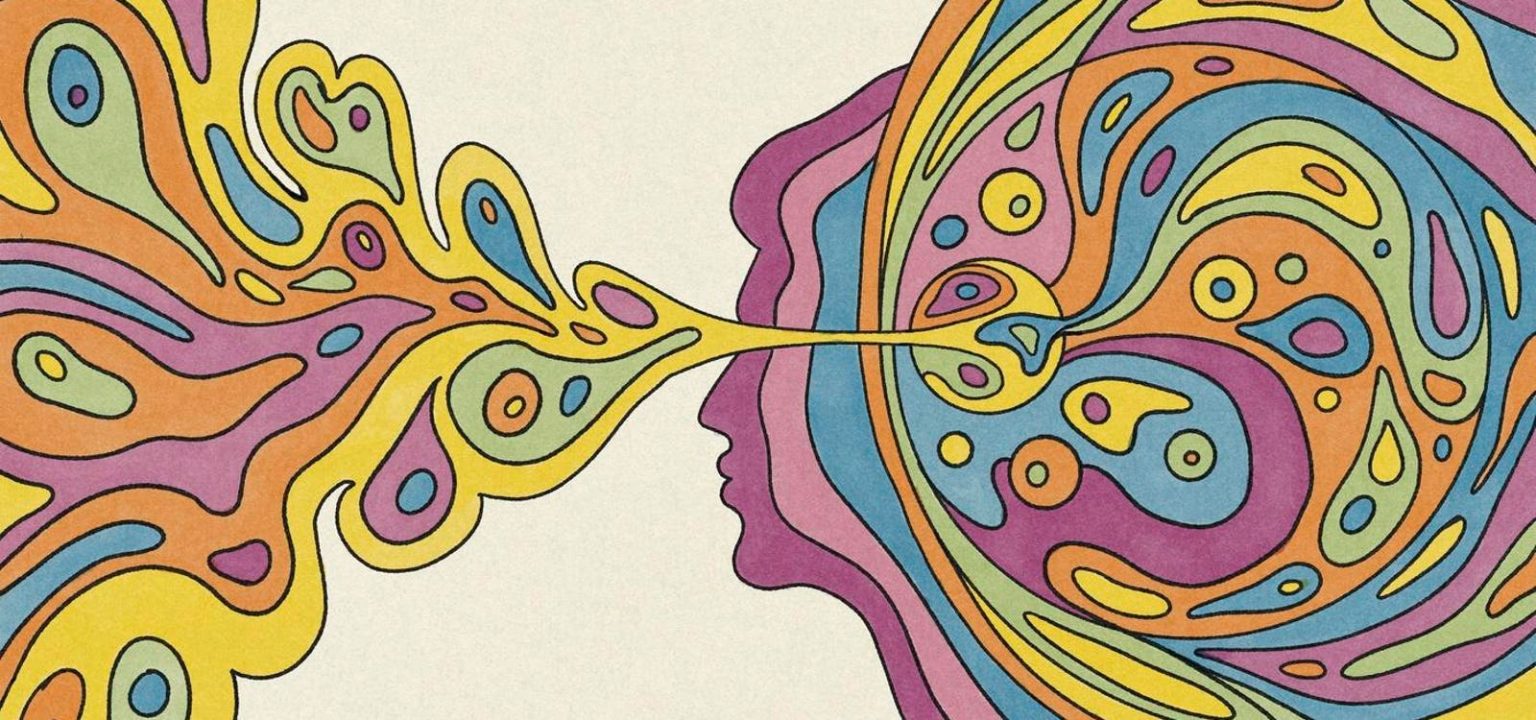In recent years, mental health awareness has become a mainstream topic, with conversations about mental health no longer being taboo but celebrated as a sign of strength and self-awareness. This shift towards openness has encouraged individuals to seek support for their struggles, ultimately saving lives and improving countless others. However, as mental health awareness has increased, so too has the prevalence of mental health issues. It has become rare to find someone untouched by anxiety, depression, or other psychological afflictions, raising questions about whether our efforts to destigmatize mental health have inadvertently contributed to its proliferation.
A study from New Ideas in Psychology in 2023 discusses the concept of mental health hyperawareness, where increased knowledge about mental health disorders has led to the misinterpretation of normal negative human emotions as pathological symptoms. This can result in individuals labeling mild forms of distress as mental health problems, potentially exacerbating their symptoms over time. The study acknowledges the positive aspects of mental health awareness in destigmatizing psychological disorders and promoting proactive mental well-being but also highlights the unintended consequences of hyperawareness on individual self-concept and behavior.
Social media platforms, once instrumental in pioneering discussions about mental health awareness, have now become breeding grounds for hyperawareness. Individuals consume psychoeducational content on these platforms, often self-diagnosing based on misinformation and misconceptions. When seeking therapy and treatment, some individuals may face professionals who do not validate their self-assessments, leading to feelings of judgment and mistrust. This cycle of hyperawareness perpetuates the problem, promoting content that is not conducive to genuine mental healthcare.
To combat hyperawareness, it is essential to seek help when needed while maintaining a critical perspective on the information encountered on social media. Individuals should be cautious of overconsumption of content that may normalize complex mental health diagnoses or portray them as desirable. It is crucial to restart an open dialogue about mental health that recognizes the validity of human emotions and does not overly pathologize normal feelings of sadness, stress, and anxiety. Seeking professional diagnosis and treatment is imperative, and social media should not serve as a substitute for mental healthcare.
In conclusion, while mental health awareness has brought about positive outcomes in reducing stigma and promoting proactive mental well-being, the phenomenon of mental health hyperawareness presents challenges in how individuals perceive and interpret their own emotions. By recognizing the impact of hyperawareness on self-diagnosis and the potential consequences of misinformation on social media, individuals can take proactive steps to approach mental health discussions with a critical perspective and seek professional help when needed. Promoting genuine dialogue about mental health that acknowledges the validity of human emotions is key to destigmatizing mental health struggles and fostering a more supportive and understanding society.


